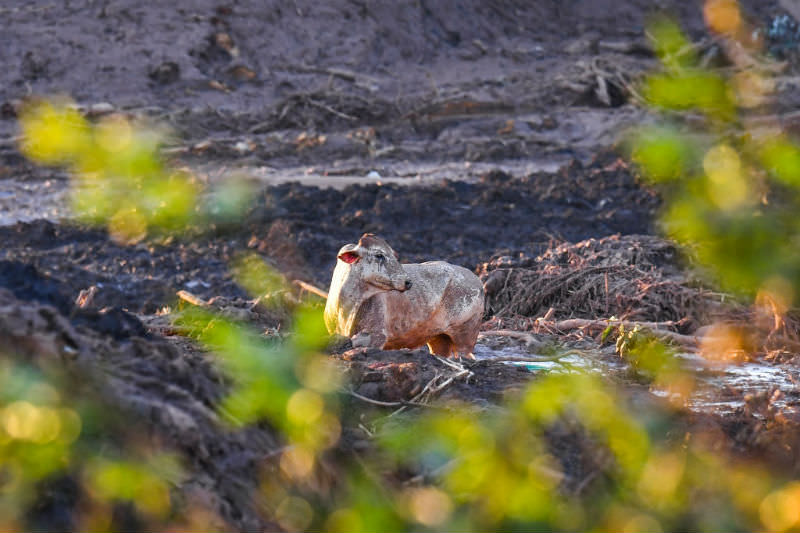Section: Faith Doing Justice
-

FAITH DOING JUSTICE
- Andrew Hamilton and Madison Rosaia
- 26 July 2019
6 Comments
When devising policies for people on the margins, Australian governments seem always to settle on punitive measures. Although imprisonment has a place in penal policy, the focus should be on the persons who perpetrate crime and on those who are damaged by it. Penal policy is ultimately about ensuring just relationships.
READ MORE 
-

FAITH DOING JUSTICE
- Chris Middleton
- 25 June 2019
10 Comments
In addressing these issues as priorities, I would argue for not focusing on big ideological statements or on a one-size fits all climate policy, but rather invest in the resilience and adaptability of a capitalist/consumer system to meet our environmental concerns.
READ MORE 
-

FAITH DOING JUSTICE
- Andrew Hamilton
- 02 May 2019
11 Comments
The Australian bishops' statement on the federal election is significant as much for the fact it was made as for its argument. Given the polarisation of public debate, they might well have thought it wiser to remain silent. For them the greatest success of the statement may be that, when they spoke of public issues, the sky did not fall in.
READ MORE 
-

FAITH DOING JUSTICE
- Daniel Nour
- 15 April 2019
We've witnessed this confluence of economic opportunity with aid and development in Indonesia, where our support of local eco-tourism has revived communities with self-sustaining employment opportunities while preserving local rainforests from being felled for wood.
READ MORE 
-

FAITH DOING JUSTICE
- Julie Edwards
- 03 March 2019
5 Comments
In January, the tailings dam of a deactivated iron ore mine in Brumadinho, Brazil failed, releasing toxic mud that caused devastation, 117 deaths and intergenerational ecological and economic consequences. It should, and could, have been prevente by the company, Vale, who was also responsible for past tailings dam destruction.
READ MORE 